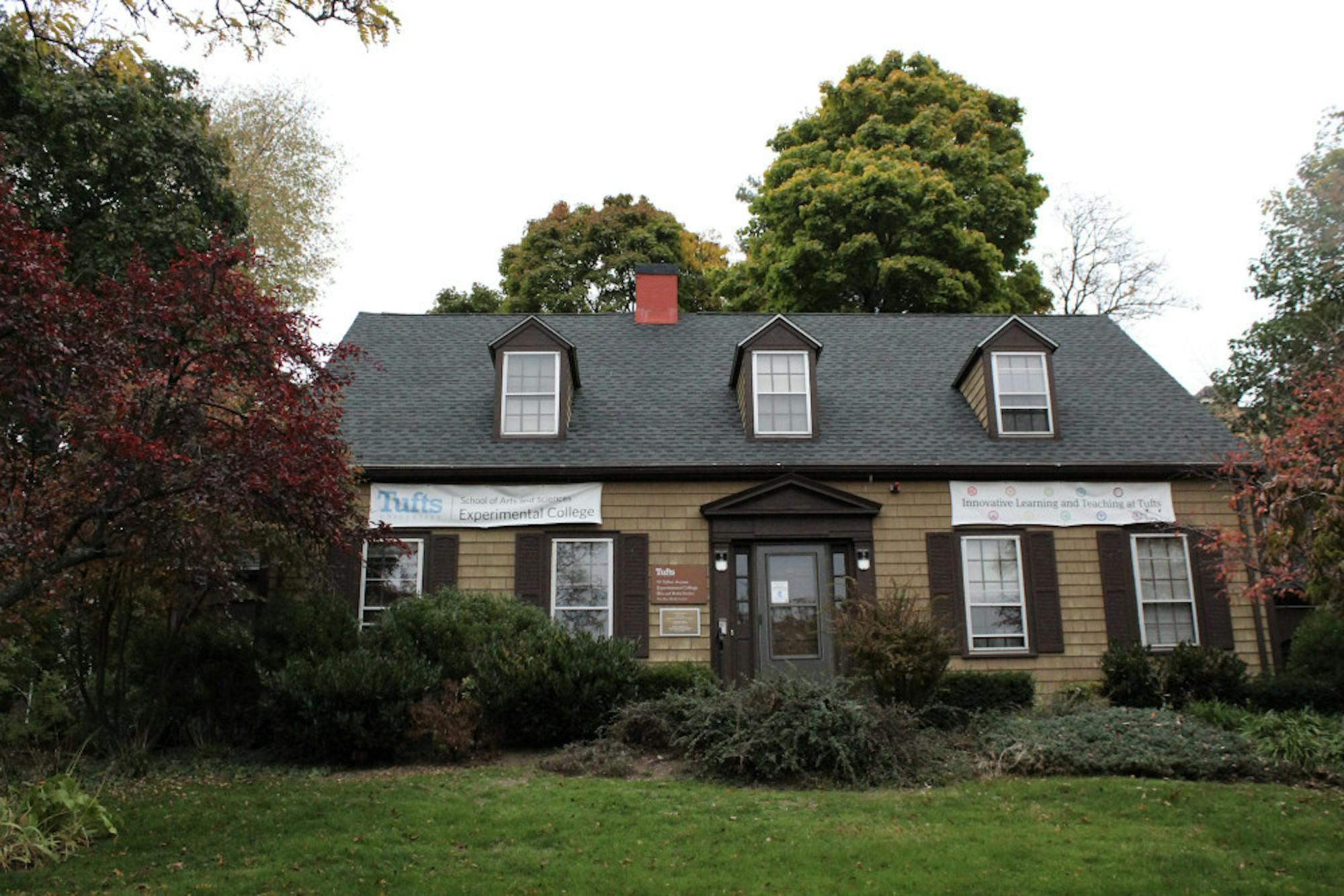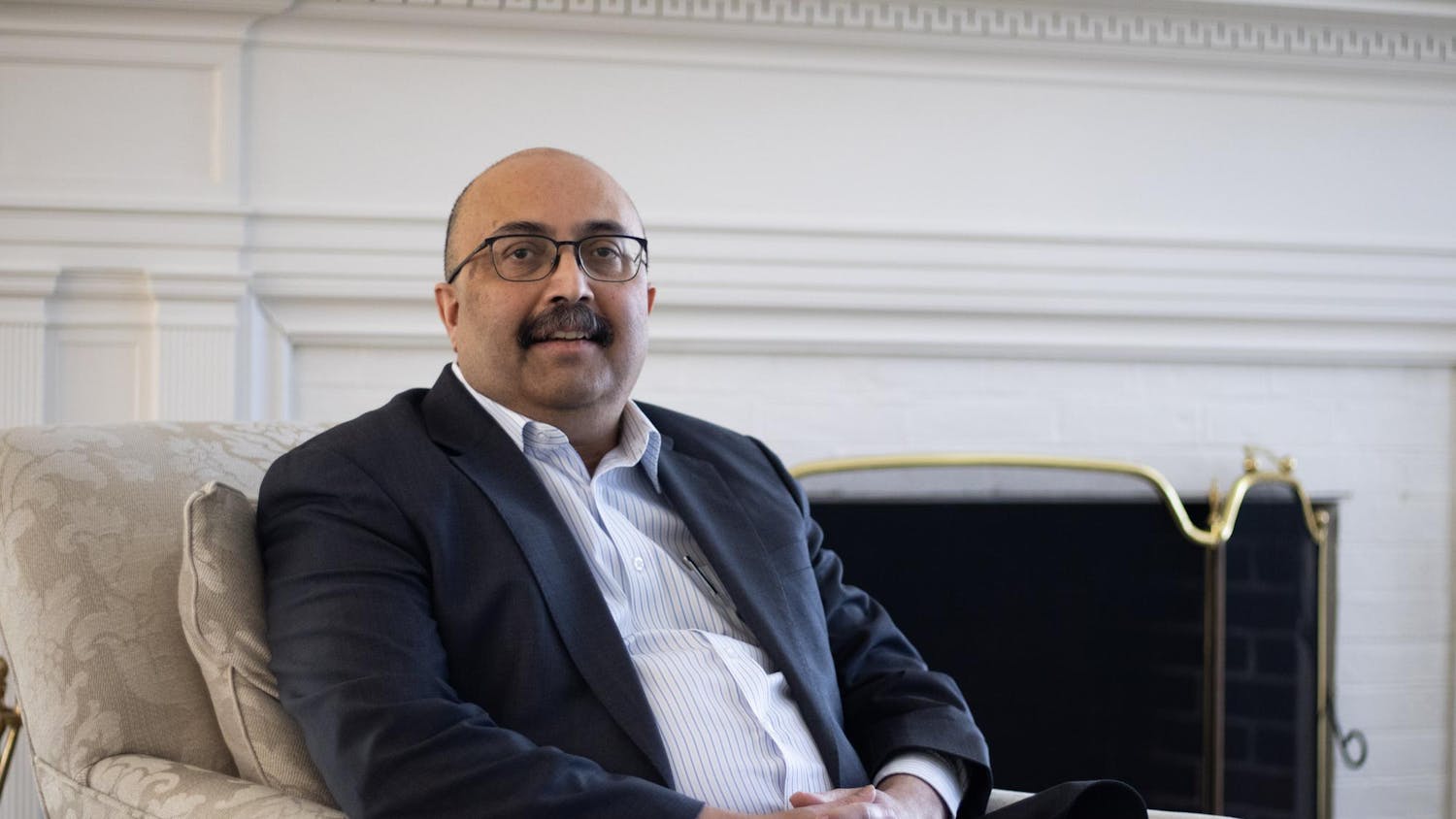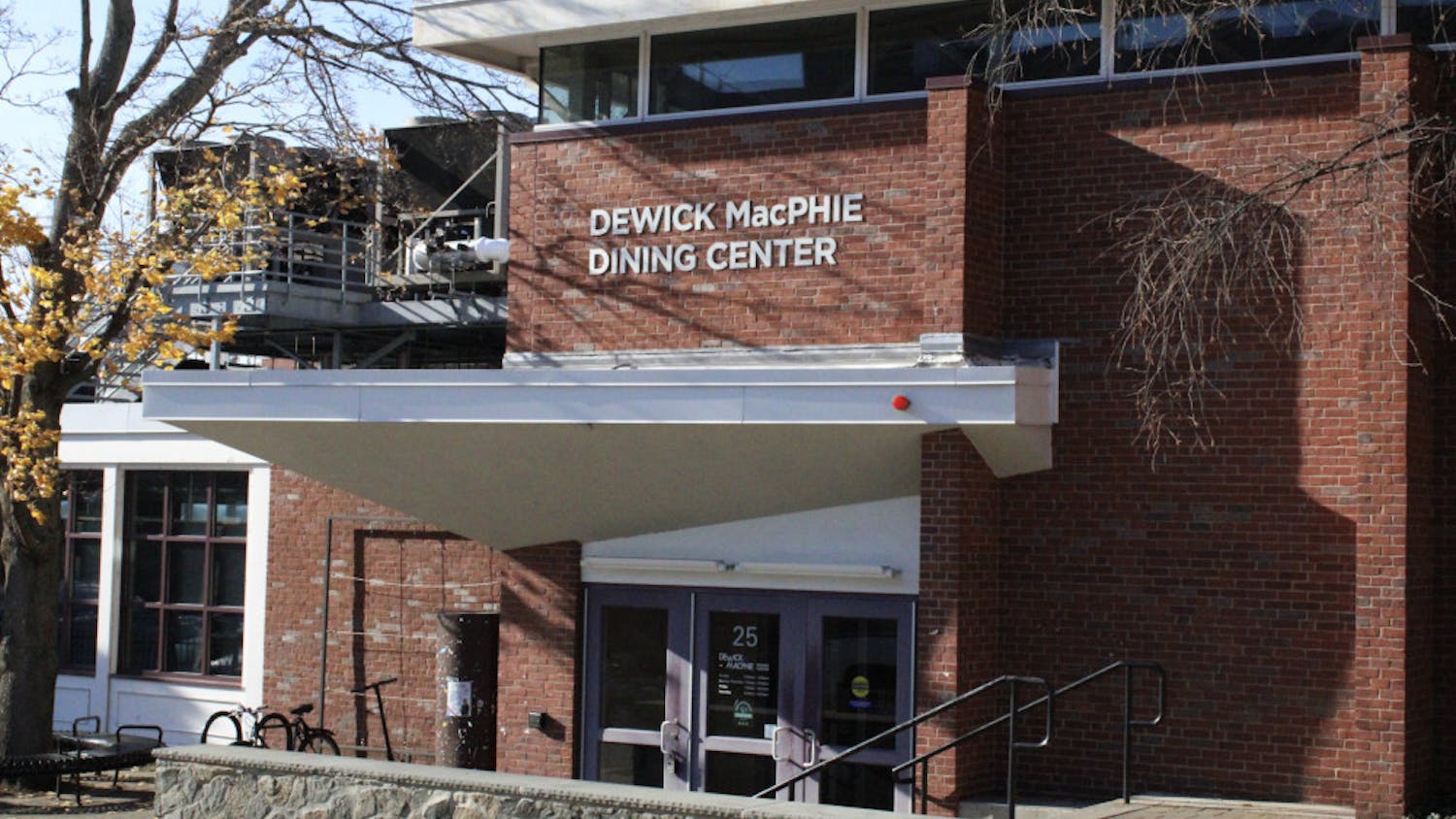Director of the Experimental College Howard Woolf announced his retirement on Oct. 5. The university is currently in the process of conducting their search for the next director of the ExCollege, which they hope to announce in the spring of 2023.
Woolf will remain director until the end of the academic year and will continue to teach in the Film and Media Studies department after his retirement.
In his 40 years at the ExCollege, Woolf has held a number of roles. He previously served as associate director under former Director Robyn Gittleman, who retired in 2015.
Woolf saw the early part of his tenure as director as an opportunity to expand upon Gittleman’s efforts. Much of this work included digitizing the program and cementing the ExCollege’s relationships with the College of Arts and Sciences and the School of Engineering.
“[Robyn] built this place brick by brick and made it what it is,” Woolf said. “When I took over, I saw my role as modernizing — making the ExCollege a 21st century institution.”
Amy Goldstein, associate director of the ExCollege, spoke to the importance of Howard’s effort to embrace technology and improve accessibility.
“I give Howard a lot of credit for seeing the changes that need to be made and figuring out how to do it,” Goldstein said.
Unlike other alternative learning programs that began in the 1960s, Woolf believes the ExCollege’s lack of a political or cultural agenda has enabled it to “push the envelope with undergraduate education.” He specifically referenced peer teaching, which allows students to teach elective courses to other students.
“Students who teach for us are amazing,” Woolf said. “They learn so much about themselves and their skill set and their ability to organize and prepare and lead a group of people. … Those skills will last a lifetime.”
Woolf has also helped launch several programs at Tufts including the FMS program, TEDxTufts and the Robyn Gittleman Graduate Teaching Fellowships. Woolf emphasized the importance of collaboration in these projects.
“One of the things that I love about the ExCollege and about Tufts is [that] we're all working in teams,” Woolf said. “I may have, for some of those [projects], been the driving force. … For others, I was a team member who could ease the path a little bit. I feel great about being able to look back and see all the things we hatched.”
Goldstein believes that Woolf’s commitment to hearing student voices has contributed to the unique culture within the ExCollege.
“He really is committed to … thinking about what his students want,” Goldstein said. “He will probably do anything he can to try to make something work that a student wants to do, whether it's independent study or just getting students involved in the ExCollege.”
Kate Drizos Cavell (LA’06), assistant director of student affairs at the Fletcher School, has known Woolf since her time as a student worker at the ExCollege in 2003 and has remained in contact with Woolf since graduating from Tufts. Her experiences in the ExCollege led her to pursue higher education in the Boston area.
“Ever since I graduated, I’ve just always felt like Howard has continued to welcome me back and open the doors, metaphorically and literally, to make me feel like it's always a place to come back and always a place that cares about students,” Drizos Cavell told the Daily.
Drizos Cavell described Woolf as a mentor, noting that he helped her with her professional growth and career choices. She also emphasized that Woolf’s efforts to share his passions have had a significant impact on the ExCollege and the greater Tufts community.
“He is so dedicated to the idea that the ExCollege should always be growing, and always be innovating and … incubating new ideas,” Drizos Cavell said.
Goldstein agreed that Woolf’s willingness to rethink the status quo has made him an effective collaborator across the university.
“I think that there’s absolutely a role for more alternative programs for topics that don't fit neatly into certain categories,” Goldstein said. “I think that's something that Howard has really pushed — trying to get away from those categories and see things in a more interdisciplinary way.”
Reflecting on his time at Tufts, Woolf noted that he hopes the next director of the ExCollege will take a collaborative approach to the role.
“The most important thing is understanding how this place works, which is very complex, and [knowing] when you can take risks and when you need to be very collaborative and [learn] who the important players are,” he said.
Upon his retirement from the ExCollege, Woolf will focus on his personal endeavors, including several film projects. He noted that he is confident the ExCollege will be in good hands.
“Along with thinking that it was time to just do one thing … and focus on my creative work, I felt like it was a good time,” he said. “I felt like we’re in good shape.”






